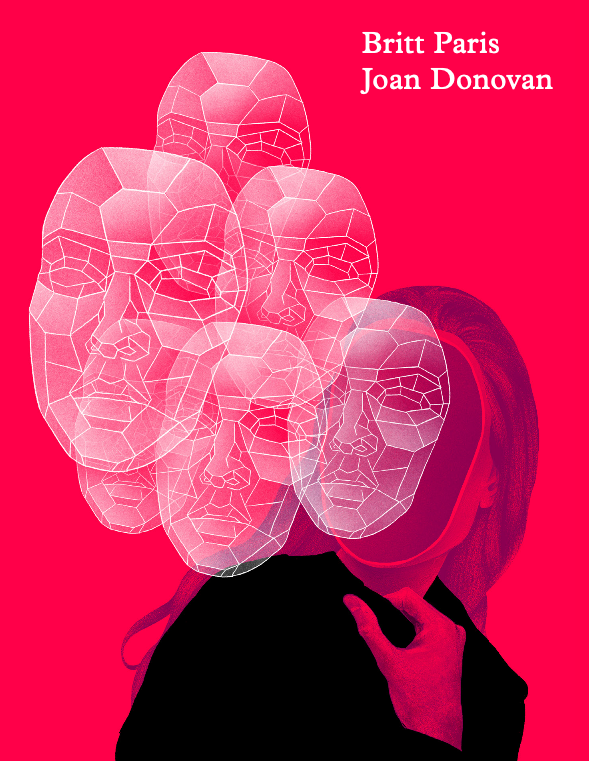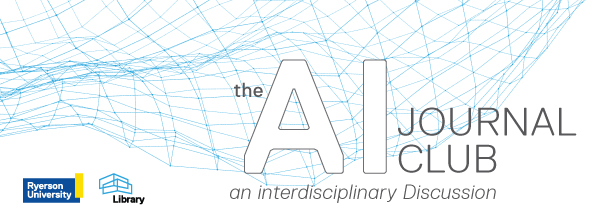Toronto Metropolitan University Library Collaboratory is bringing back its journal club to explore Artificial Intelligence (AI) and Machine Learning (ML).
We want to encourage a multidisciplinary perspective on AI and ML.
Everyone is welcome. Everyone has a perspective to offer. Graduate students from all disciplines are especially encouraged to participate.
Meetings are held monthly from 1:30 – 2:30PM
at the Library Collaboratory, LIB387 (via Crossover, 3rd Floor SLC/LIB)
Watch this space for the meeting updates. For questions, comments, or suggestions for topics and readings, please contact:
Jae Duk Seo (jae.duk.seo@torontomu.ca) or
Michael Ridley (michael.ridley@torontomu.ca)
Next Meeting:
Is there such a thing as “Green AI”?
Artificial Intelligence is both the origin of and solution to climate change.
Did you know that while training some AI models, 284 tonnes of carbon footprint were created? That’s five times the lifetime emissions of an average car.
So is it all bad? Not really.
DeepMind in collaboration with Google, was able to reduce Google data centers’ energy usage – enough to reduce cooling bills by 40 percent!
In knowing all of this, is there such a thing as green AI? Let’s talk.
We’ll be discussing current issues surrounding climate change, AI, and the idea of green AI. We’ll explore what to do about it, and what kinds of policies should be developed to ensure that AI is on a climate-friendly path.
Our reading for this month is “AI and Climate Change: How they’re connected and what we can do about it” by Roel Dobbe and Meredith Whittaker, who’ve developed a new metric to evaluate the impact of AI – a means to measure the problem is key in developing good policy.
November 14, 2019, 1:30 – 2:30PM
at the Library Collaboratory, LIB387 (via Crossover, 3rd Floor SLC/LIB)
Click to RSVP
See you there!
Meeting Archive

- Thursday, October 10, 2019
Deepfakes: The Use of AI-based Technology to Create Fake Media
Reading: Deepfakes and Cheapfakes: The Manipulation of Audio and Visual Evidence by Britt Paris and Joan Donovan
Summary: In Deepfakes and Cheap Fakes, Data & Society Affiliates Britt Paris and Joan Donovan trace decades of audiovisual (AV) manipulation to demonstrate how evolving technologies aid consolidations of power in
society. Deepfakes, they find, are no new threat to democracy. Coining the term “cheap fakes,” Paris and Donovan demonstrate that the creation of successfully deceptive media has never necessarily required advanced processing technologies, such as today’s machine learning tools. A “deepfake” is a video that has been altered through some form of machine learning to “hybridize or generate human bodies and faces,” whereas a “cheap fake” is an AV manipulation created with cheaper, more accessible software (or, none at all). Cheap fakes can be rendered through Photoshop, lookalikes, re-contextualizing footage, speeding, or slowing. Thanks to social media, both kinds of AV manipulation can now be spread at unprecedented speeds.
- December 14, 2018
- Thursday, October 15, 2018
Object Detection
Discussion: Join us to discuss new trends in deep learning in computer vision and natural language processing.
